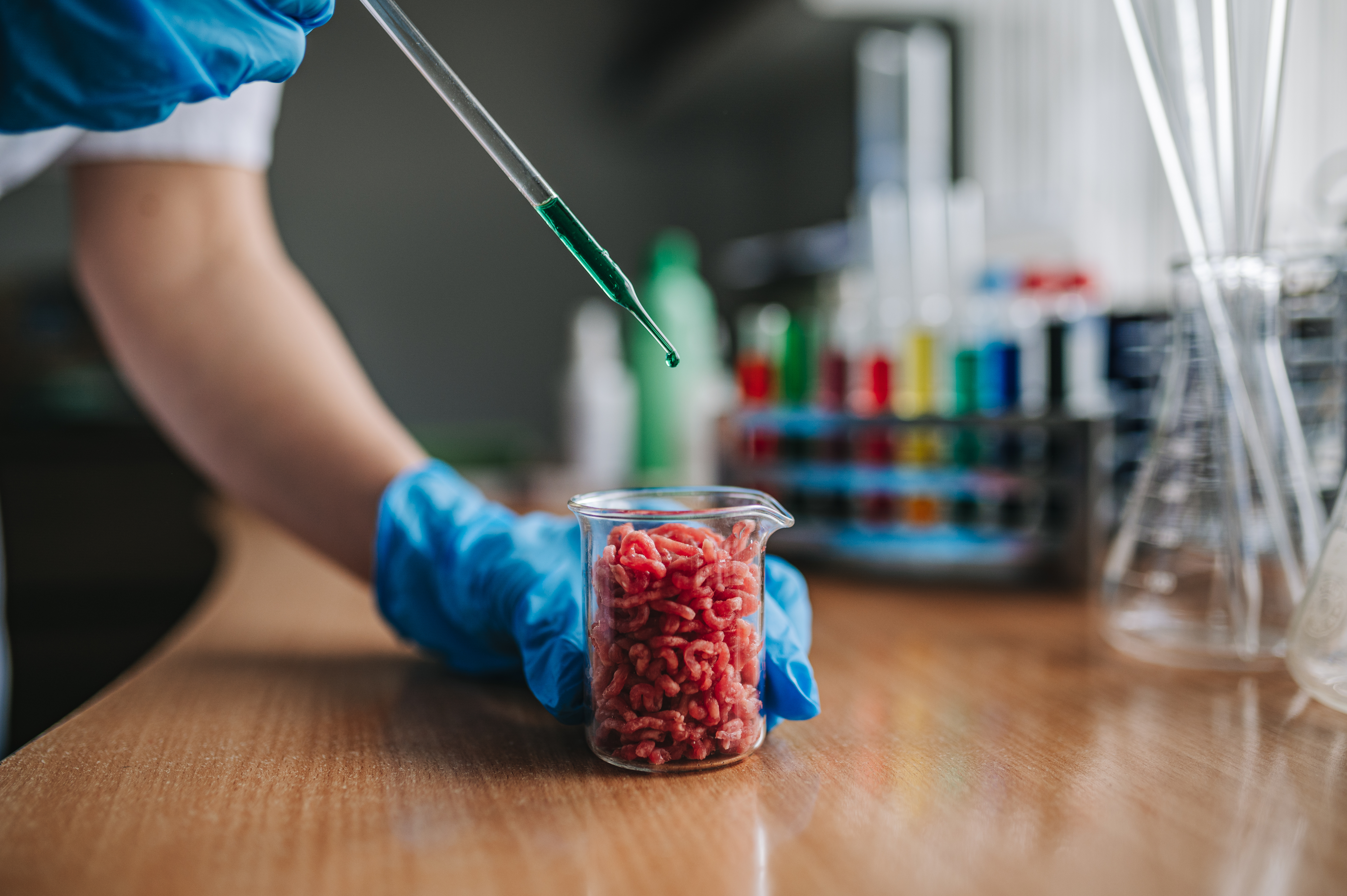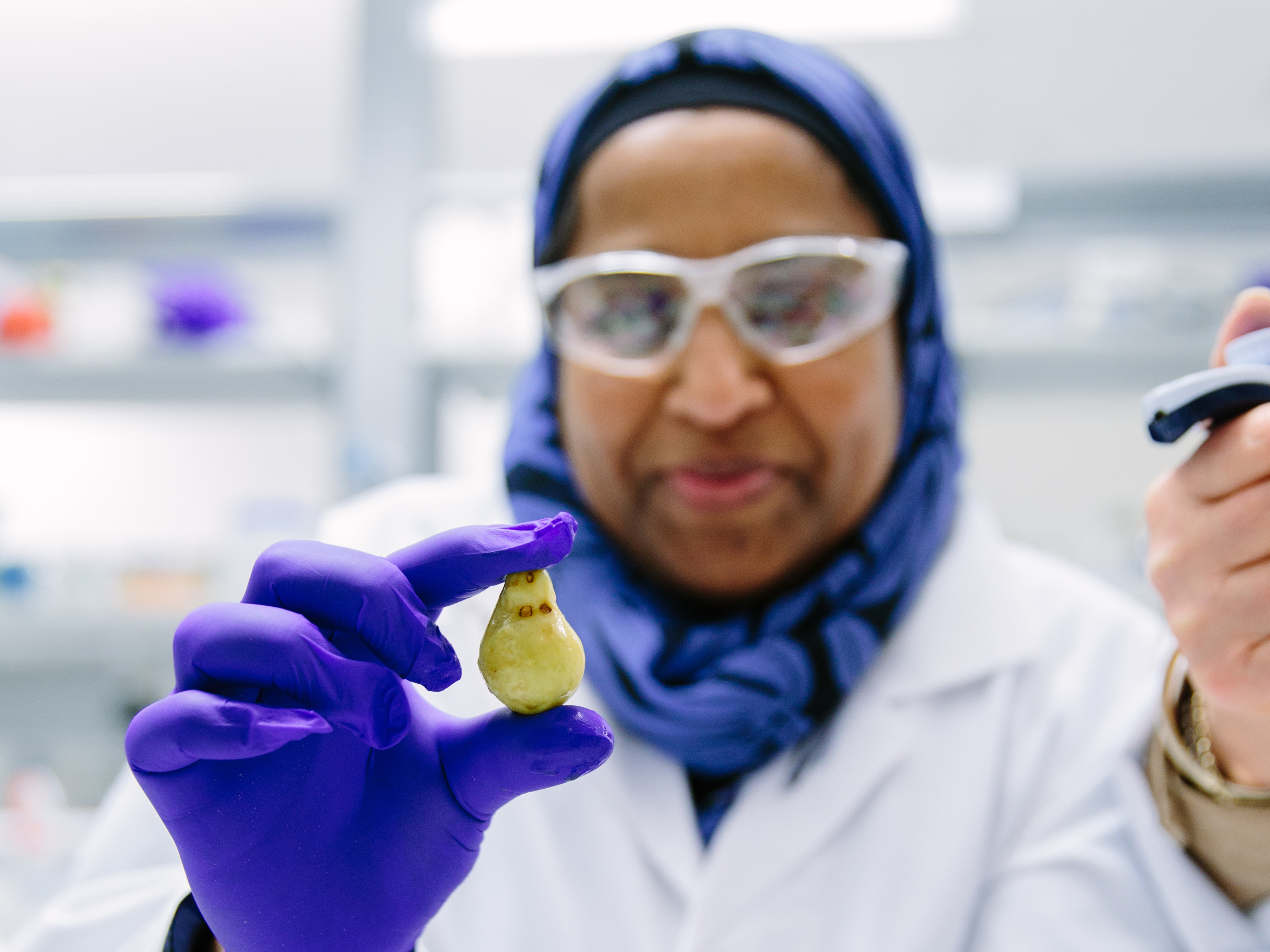The natural compounds promoting wellness and chronic disease management
Nutraceuticals can be cultivated in controlled environments through synthetic biology, removing dependency on arable land and water resources.
 Nutraceuticals such as Omega-3 fatty acids, antioxidants and probiotics have been shown to modulate and even improve immune function, cardiovascular health and gut health. : Steve Buissinne Pixabay
Nutraceuticals such as Omega-3 fatty acids, antioxidants and probiotics have been shown to modulate and even improve immune function, cardiovascular health and gut health. : Steve Buissinne Pixabay
Nutraceuticals can be cultivated in controlled environments through synthetic biology, removing dependency on arable land and water resources.
Non-communicable diseases kill around 41 million people around the world each year. That’s approximately 74 percent of all global deaths.
Dietary issues are largely to blame.
Increasingly, people in low- and middle-income countries are being diagnosed with obesity and other non-communicable diseases such as cardiovascular disease and types of cancers.
Data estimates indicate that about 1 billion adults will be diagnosed with obesity by 2025.
At the heart of the problem is fast food, sedentary lifestyles and lack of access to proper nutrition.
At the same time, increasing health awareness has led to the rise of the natural supplements industry, also known as nutraceuticals.
Popular examples include ginseng, Echinacea, green tea, glucosamine, omega-3, lutein, folic acid and cod liver oil.
The global nutraceuticals market was valued at $US712.97 billion in 2023 and is expected to grow at a rate of 8.4 percent from 2024 to 2030.
Accompanying this is the emergence of organic food markets around the world, estimated at $US231.5 billion in 2023 and expected to grow at a rate of 13.9 percent from 2024 to 2030.
Sustainable and healthy
These shifts are driven by increasing concerns over healthy and sustainable food preferences and awareness about how food production impacts human health and the environment.
While organic farming improves human health and restores ecological balance, it has its challenges like time, cost and yield.
Nutraceuticals represent an innovative solution for the problems posed by organic food with advanced technologies such as synthetic biology — a field where researchers redesign existing systems found in nature to solve problems in medicine, manufacturing and agriculture — allowing for their production and incorporation into food systems using the latest microbial engineering technologies.
With progress in scientific research, it is also increasingly possible to tailor nutritional advice for maximum good based on a person’s genes.
World Food Day is a timely reminder of how science and biotechnology can be integrated in the form of nutraceuticals to combat the critical issues facing the global food system such as climate change, shift in consumer preferences, unmet nutritional demands and unnecessary burden on healthcare systems.
Global food challenges
Nutraceuticals can significantly help improve health outcomes by supplying the required, concentrated dose of essential nutrients and bioactive compounds.
Their daily ingestion might be the cornerstone of managing chronic diseases.
Omega-3 fatty acids, antioxidants and probiotics have all been shown to modulate and even improve immune function, cardiovascular health and gut health.
There are other advantages. They can be cultivated in controlled environments through synthetic biology, removing dependency on arable land and water resources.
This circumvents the challenges of conventional agriculture, which includes extreme weather, floods or drought.
Clinical trials validate the health benefits of functional foods and nutraceuticals.
Consumption of fatty fish reduces triglycerides and also improves heart conditions by creating stores of omega-3 fatty acids.
Berries result in enhanced cognitive capacities and minimal threat from neuro-degenerative disease due to their high antioxidant profiles.
Isoflavones in soy products show potential benefits in relief from menopausal symptoms and promoting bone health. Positive impacts of probiotics have been seen on gut health and immune responses.
Understanding how these compounds work in disease prevention can help people manage their intake.
For instance, polyphenols have been known to reduce the action of pro-inflammatory proteins in our bodies and to reduce oxidative stress, thus controlling conditions linked to inflammation.
In addition, nutrigenomics, the interface between diet and genetics, is important for understanding how people respond to interventions implemented through their diet.
Personal nutrition approaches that take into account genetic differences among populations can increase the effectiveness of functional foods and nutraceuticals, though more research is needed in the field.
Health benefits
A significant body of evidence justifies the health benefits of functional foods and nutraceuticals that can help reduce the chronic disease burden through filling nutritional gaps, modulating disease pathways and mounting protective physiological responses.
Yet, more research is needed on knowing their effect at cellular level, optimal dosing and variability among individuals .
Harnessing nutraceuticals effectively will involve nutrition-based lifestyle interventions in public health programmes.
Innovative research, technological advancements and raised awareness among people towards health and wellness marks a bright future for the nutraceutical industry.
Leveraging scientific evidence and supportive policy frameworks can go a long way in heightening health impacts and deepen our understanding about the role of nutrition in prevention of chronic diseases.
At the same time, a preoccupation with nutraceuticals can negatively affect ideas about what constitutes an optimally balanced and varied diet.
A holistic approach to nutrition focused on overcoming nutrient deficits is essential for reaching optimum health so that nutraceuticals complement, rather than replace, basic healthy eating practices.
Dr. Kapila Kumar is the Director of Molecular Biosciences Research Cluster and an Associate Professor at the Department of Biotechnology, School of Engineering and Technology, Manav Rachna International Institute of Research and Studies. Her expertise spans synthetic biology, genomics, molecular virology, biotechnology and sustainability approaches.
Originally published under Creative Commons by 360info™.














